QuestionHi. I have a pearl cockatiel that laid a egg. I understand that it happens to female birds without a mate. But, I'm new to this, and I have heard of egg binding. The night before my bird laid the egg, she would look as if she was about to pass her droppings, but se would'nt. She would make a squeeky sound, but she didn't have problems breathing, but was tired. The egg was perfectly fine. It was the exact shape it should have been, and the shell was hard. Her bottom (which i think is called a vent) still has some blood on it. She hasn't lost tons of blood, just a little strip was on the egg, and some is on her feathers, which she is still trying to clean off. do you think she's doing fine? She's acting normally. She still wants to be scratched, and wants to cuddle. She still enjoys sitting on her pillow next to a mirror.
-Does egg laying happen every so often?
-What do you recommend me buying for her to lay a egg next time.
-She only laid one egg, is that the max?
My mom says I'm overreacting with everything, since i am just 14, but i love my bird very much, and i want to be able to do whatever to help her.
AnswerHi, Megan,
When a female bird's hormones become active, with or without a mate, there's the possibility of the bird laying eggs. If the female doesn't have a mate, any eggs laid will not be fertile. You should just leave any eggs laid right where the female has laid them and allow her to incubate them and then abandon them on her own. If you start removing any eggs laid, the female will continue to lay and lay until she has a full clutch of usually about 6 eggs under her. Excessive egg laying can be detrimental to her health, so you do not want her to continue laying infertile eggs. Egg binding occurs when a bird tries to lay a soft-shelled egg. Birds cannot push soft-shelled eggs out, so the egg becomes "bound" at the vent, sometimes partially sticking out of the vent, sometimes not. Soft-shelled eggs occur when a bird doesn't have sufficient calcium in order to lay hard-shelled eggs. Be sure your bird has a cuttlebone in her cage at all times, and ensure you feed your bird a healthy, nutritious diet (all seed is not a healthy, nutritious diet). The blood you are seeing is fairly normal...it isn't easy for a bird to lay an egg! Similar to a human female having a baby. It sounds to me from the information in your post that your bird is doing fine.
You can expect that your bird could lay up to 6 eggs total...maybe less, just depends on the bird. She may incubate these eggs for at least 18 days, perhaps a month, then she should eventually abandon them on her own because she'll know they aren't fertile and won't hatch. Your bird knows what's going on (or not going on) inside her eggs. Do not purchase a nesting box in order to allow her to lay her eggs in. A nesting box is a cue to a bird to go to nest and you don't want your bird laying eggs. You should reduce the available light your bird has to 10-12 hours per day, or 8-10 hours per day if necessary, in order to help stop the hormonal activity and stop her from laying eggs. It's the very beginning of breeding season and this is most likely why her hormones are running rampant. If she considers you her human "mate," you may need to reduce the amount of time you spend with her temporarily in order to help stop the egg laying. However, be aware that she may still lay up to 6 eggs this time.
Egg laying can occur year round if conditions are right in the bird's environment, but the normal breeding season is early spring through about October, depending where you live and the conditions your bird is kept in. For example, if you keep the lights on your bird more than 12 hours per day, this increase in light simulates the increasing length of daylight that occurs in the spring, so your bird will think breeding season has begun. By keeping the available light on your bird down to 10-12 hours (or 8-10 hours if necessary), your bird will think breeding season hasn't begun/is over and may not lay eggs. The increasing temperatures are also a cue for a bird that breeding season has begun, so try to keep temps in the room your bird is in comfortable, but not too warm. Your bird may continue to lay infertile eggs or she may not lay eggs again, it just depends on your individual bird.
You're not really over-reacting in the sense that you don't want your bird to lay infertile eggs. Excessive egg laying can be detrimental to the health of your bird, so you need to control this. In addition, the possibility of egg binding is always present and when this occurs, it is an emergency situation for a bird. A bird will die in short time if it becomes eggbound and you cannot get immediate avian veterinarian assistance.
To help increase your knowledge of your bird, visit www.birdchannel.com. This is an excellent website. There are many good websites on the internet containing good information for you.
Chrys

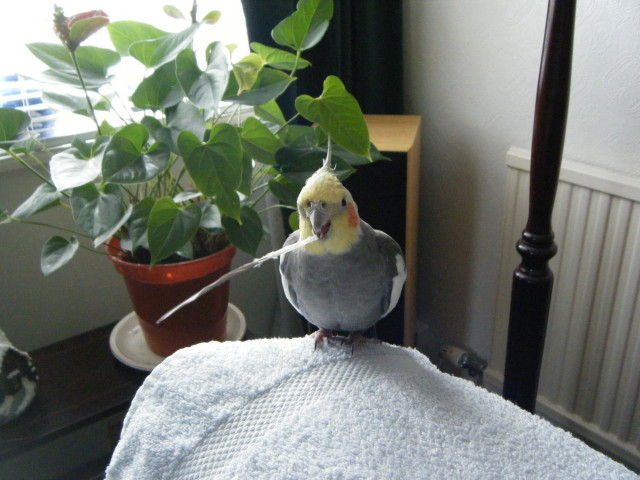 boris the cockatiel
Question
boris
Hello , I have a male cockatiel called b
boris the cockatiel
Question
boris
Hello , I have a male cockatiel called b
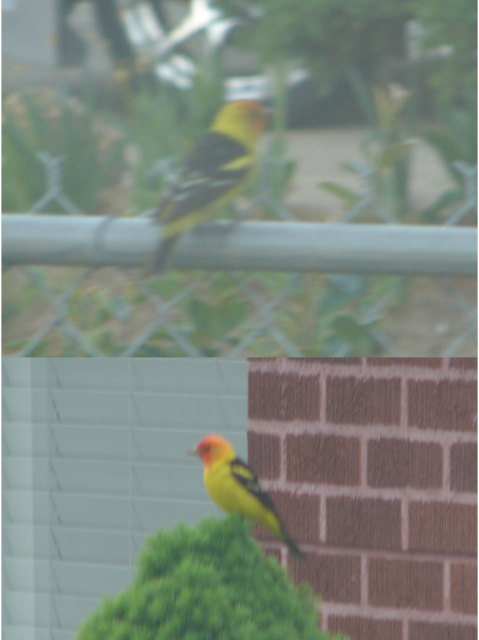 Wild or Domestic?
Question
Pretty Birds
There are these three birds in my
Wild or Domestic?
Question
Pretty Birds
There are these three birds in my
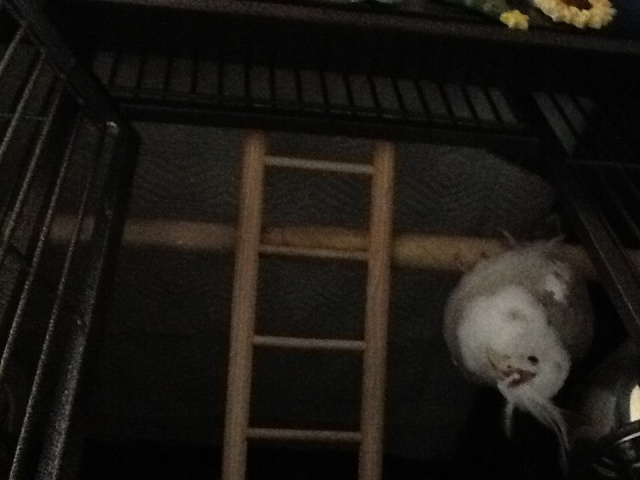 White faced cockatiel injury
Question
cockatiel injury
My 8 year old cockatie
White faced cockatiel injury
Question
cockatiel injury
My 8 year old cockatie
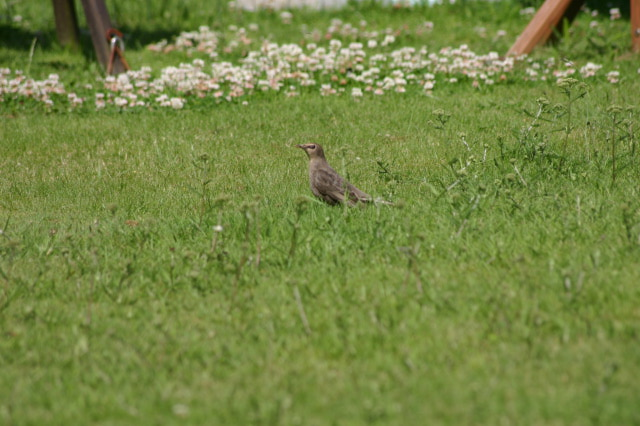 Identification of a bird
Question
Bird name
Please can you advise what th
Identification of a bird
Question
Bird name
Please can you advise what th
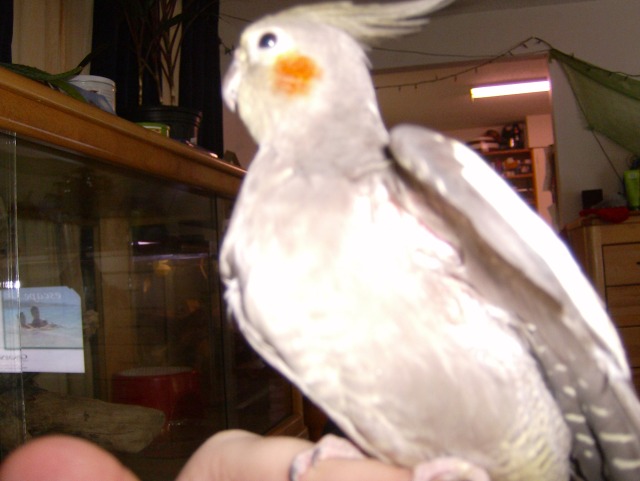 my cockitale mocha
QuestionQUESTION: I have a cokitale that will be 3 on A
my cockitale mocha
QuestionQUESTION: I have a cokitale that will be 3 on A